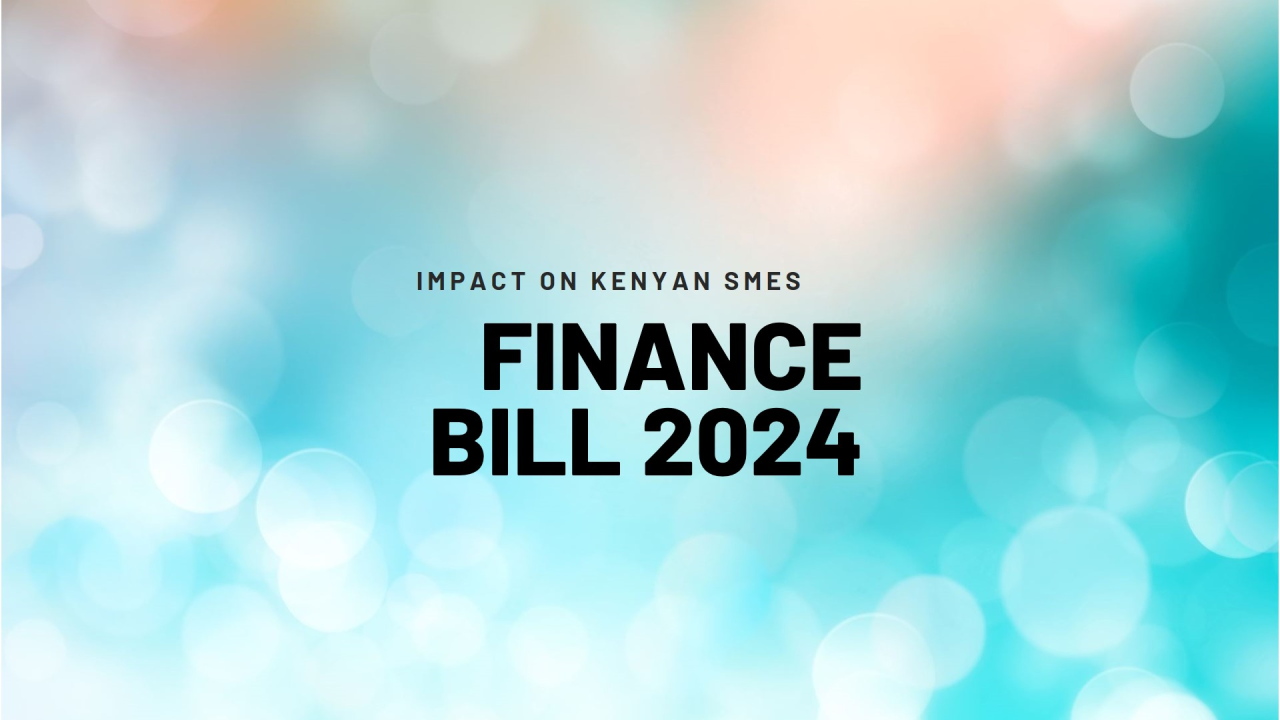Kenyans have taken to the streets this week to protest the Kenya Finance bill 2024 which if passed, will impose additional taxes on the taxpayer. An outcome which most place more financial stress on the average citizen.
The Kenya Finance bill is a list of country’s current administration’s proposals aimed at boosting its tax revenue corrections. The government had already raised numerous taxes and levies including the highly publicized housing levy, which many felt would not benefit them.
President William Ruto argues that additional taxes proposed in the Kenya Finance Bill 2024 will allow the administration to serve the people at a higher capacity, while allowing the country to drawdown its debt obligation. The country’s sovereign debt is currently at $82.1 billion (Ksh 11.1 trillion).
Meanwhile, Kenyans have been concerned about the rate at which the government has been racking up debt. The sovereign debt now accounts for an unhealthy 51% of the country’s GDP. This means soon most of the government revenue will be used to cover interest rates on debt, which could send the country into an untamable downward spiral financially.
Also Read : Stock Market Fintech: Key to Efficient Trading and Investing 2024
Key Proposals in the Kenya Finance Bill 2024
The proposed finance bill is quite extensive. However, since we cannot look at them all, we will highlight some of the contested issues that may affect the daily lives of Kenyans.
- Additional Excise duty on money transfer services: Most Kenyans use mobile transfer services such as M-Pesa to make regular payments. Additional taxes would subject Kenyans to higher fees on their money transfers.
- Motor vehicle tax at 2.5% annually: If implemented, this tax would add to the running costs that vehicle owners in Kenya incur to run their vehicles annually. A stressful scenario especially for people who rely on their vehicles to earn their daily bread. Kenyans feel that this is an overreach from the government since they already pay taxes on the vehicle during the acquisition process.
- Proposal to scrap VAT on various products previously exempt from VAT: This proposal suggests the introduction of a 16% VAT on products previously exempted from tax, such as bread, sanitary wear and even construction exemptions previously put in place to promote local manufacturing. The addition of this tax could make it more difficult for businesses to stay competitive especially against foreign products.
- Additional Excise duty on telephone and data services, as well as digital lending: If passed, millions of Kenyans will have to pay more to access these services. Digital loans already attract hefty interest rates, meaning the burden on borrowers will be higher.
Reasons why Kenyans are opposing the Kenya Finance Bill 2024

- If the bill is passed to law, then the additional taxes will undoubtedly raise the cost of living, making it more difficult for Kenyans to afford basic needs.
- The additional taxation will eat into the limited disposable income that the average Kenyan has access to, thus making it difficult to invest in their future.
- Financial hardship caused by heavy taxation could exacerbate the poverty situation in a country where the poverty rate is quite high.
Why Public Participation and Protests against the Kenya Finance Bill 2024
While taxation is not necessarily a bad thing, Kenyans are concerned about their livelihoods with all the additional tax burden. They are also worried that the government is abusing its mandate. But beneath all that is a concern that the additional taxes may not even aid the country.
Kenyans have expressed concerns about corruption and unnecessary funding which does not exactly support the society. A classic example is the Ksh 2.6 billion that the deputy president required aimed at renovating his office. Or that one time that the president chartered an entire plane for millions of shillings for his trips outside the country. In short, Kenyan government officials have been accused of ridiculous overspending rather than using funds for proper budgeted things that benefit the country.
Conclusion for Kenya Finance Bill 2024
The Kenya Finance bill 2024 is already off to a rough start considering the how negatively it has been received. Another key observation is that Gen Z have been particularly aggressive in addressing their concerns and opposing the bill. This is in light of the fact that they are finding it difficult to earn a living in the economic conditions set by the older generation which are the same individuals currently in government.
Also read : Financial Data Quality Management: A Comprehensive Guide





